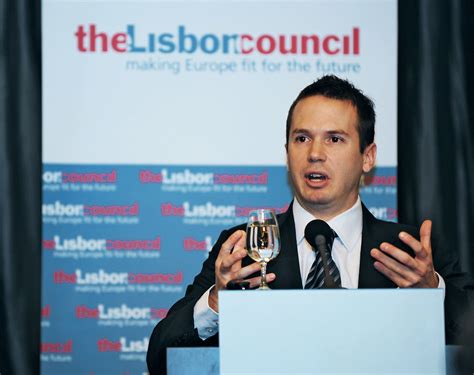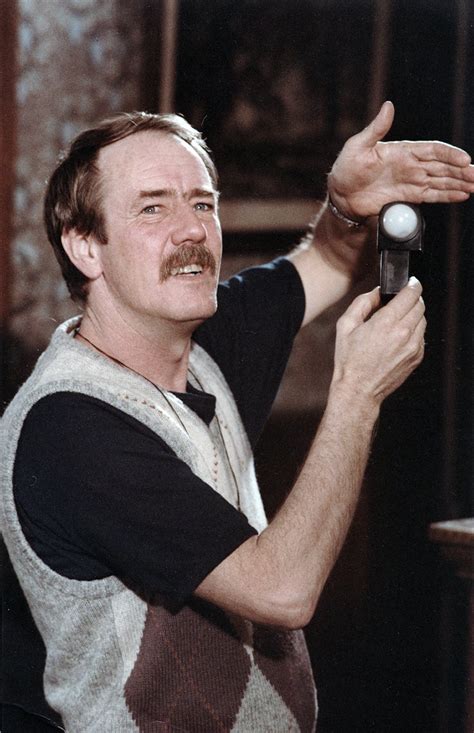A Quote by Maximilien Robespierre
To punish the oppressors of humanity is clemency; to forgive them is cruelty.
Related Quotes
But almost always, during the initial stage of the struggle, the oppressed, instead of striving for liberation, tend themselves to become oppressors, or sub oppressors. The very structure of their thought has been conditioned by the contradiction of the concrete, existential situation by which they were shaped. Their ideal is to be men; but for them to be men is to be oppressors
We have different expectations for different groups of people. We tend to modulate the degree with which we're forgiving or punitive depending on how well we know folks, or how much we consider them peers, or how much social capital we've invested in them. That has to do with race, class, gender, and socioeconomic status. We have a tendency to bend over backwards to forgive folks we think of as part of "the us." The question of who we define as "the us" is a lot of what constitutes how we punish who we punish.
Tolerance of Cruelty in any form is a degraded state of mind and soul. When we freely allow the massacre and prolonged torture of defenseless creatures, it increases our receptivity to human cruelty and war and steals our humanity, peace and soul. Very little speeds and greases your way to Hell, like animal cruelty.
The alternative to forgiveness, but by no means its opposite, is punishment, and both have in common that they attempt to put an end to something that without interference could go on endlessly. It is therefore quite significant, a structural element in the realm of human affairs, that men are unable to forgive what they cannot punish and that they are unable to punish what has turned out to be unforgivable.








































